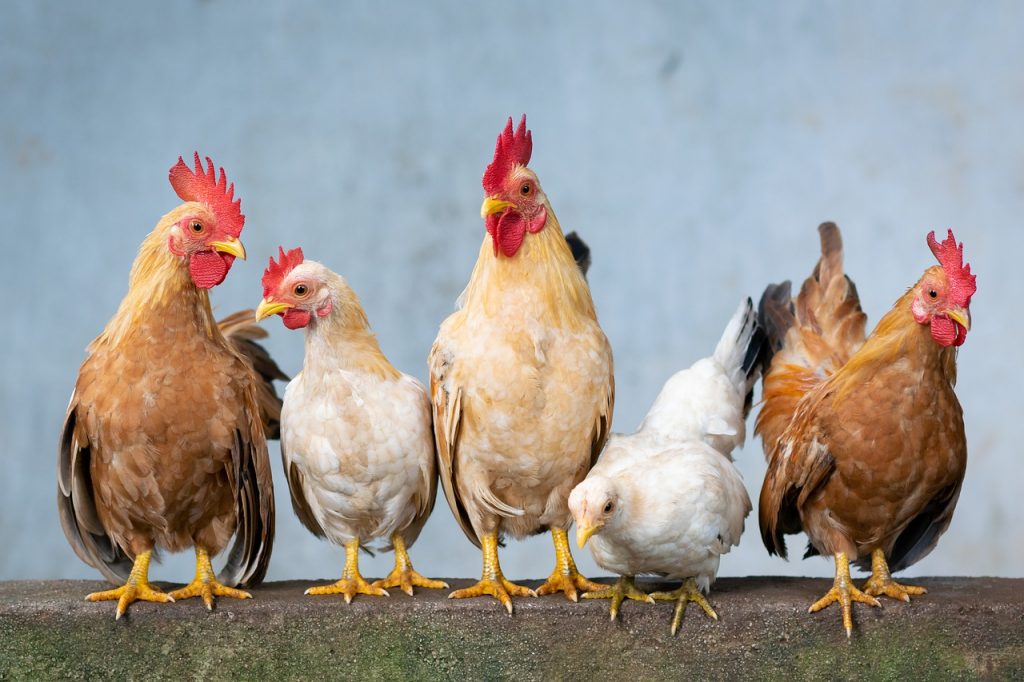What You Need To Know Before Starting Your Own Chicken Farm
Starting a chicken farm means following certain hygiene practices before and after entering the coop to prevent the spread of salmonella and other deadly bacteria,
This article is more than 2 years old

If you’re a fan of breakfast, or even dinner, omelets, you know that the price of eggs right now is eggstraordinary. (haha) For a dozen eggs, you could spend up to $10 in some places. Thanks to bird flu, a very contagious disease that chickens and other birds can get, egg prices are extremely high. So high that you may consider getting some chickens to keep in your backyard so you can have all the eggs you want. You may want to slow your (egg) roll there because having your own private chicken farm can come with your own bundle of problems.
According to CNN, although many folks have jumped on the chicken farm bandwagon in the past and may be considering it now, it’s essential to take a pause and consider some of the risks of having chickens. Even the US Center for Disease Control and Prevention is warning citizens that having your own chicken farm in the backyard is dangerous.
Chicken are notorious for carrying bacteria that gets on their beak, on their eggs, and on their legs. This is just because of how they defecate. It’s normal but very dangerous if not handled correctly. Backyard chicken farms are especially prone to salmonella because the birds may not receive the correct care.
Backyard chicken farms have been linked to as least 1,200 salmonella outbreaks and people getting sick this past year. Salmonella can also lead to death. In fact, two folks died in 2022 due to the infection. Another type of bacteria associated with backyard chickens is campylobacter which can be especially dangerous for those with weakened immune systems. With this bacteria, it is impossible to know if the chicken is infected.
The CDC recommends you put in a myriad of steps if you decide to move forward with your backyard chicken farm. From not allowing children, especially under the age of 5, near the chickens, to keeping “coop shoes” outside that get used only in the chicken coops and do not go anywhere else.
Always wash your hands and keep hand sanitizer outside so you can use it before returning to the house. If this routine seems doable, consider getting a backyard chicken farm. Just know what you’re dealing with before you start. In addition to yes, getting cheaper eggs than you pay for them at the grocery store, you’ll have to educate your entire family on what to do around or near the chickens.
After you’ve followed all the precautions around the chickens themselves, you need to make sure you are taking care around and with their eggs. You need to collect the eggs as soon as you notice that they have been laid. You then must ensure all the dirt is removed with fine sandpaper or a brush.
All this may be enough to keep you from eating eggs or enjoying an egg breakfast in the first place. You also need to refrigerate the eggs (although your grandmother may tell you its fine to keep them at room temperature) immediately. The next step is making sure your eggs have a firm yolk and white part to reduce the spread of bacteria.
The CDC does say they don’t want to rain on anyone’s parade and are all for the chicken and human bond. But, taking these chicken farm precautions will keep you safe and fed with all the eggs you can handle.




